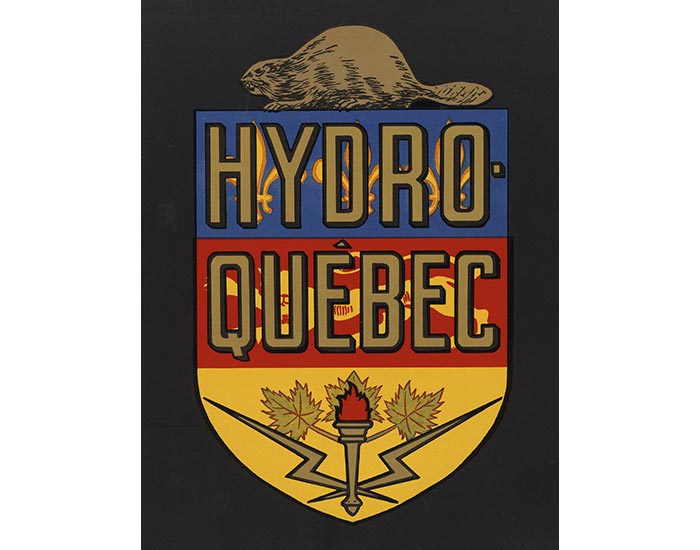1930-1944 – Toward Nationalization
Electricity companies were prospering but their public image was tarnished. Politicians and academics alike strongly denounced abuses perpetrated by the utilities: high rates, poor service, exorbitant profits, arrogance in the face of government attempts to regulate the sale of electricity. Acting with great courage, Premier Adélard Godbout made the decision to expropriate the electricity and gas assets of the powerful monopoly, Montreal Light, Heat and Power. Management of the company was assigned to a provincial corporation: the Québec Hydro-Electric Commission. And thus, on April 14, 1944, Hydro-Québec was born.
1934
The Lapointe Commission
The Great Depression of the 1930s shook North America to its roots. Industry slowed to a snail's pace and unemployment became chronic. Objections to electric utility practices became increasingly vigorous. The Liberal government of Alexandre Taschereau was forced to take action. Taschereau formed a commission of inquiry: the Lapointe Commission, which filed its report a year later. The report criticized certain practices of the electric utilities, but did not come out in favor of nationalization. Instead, it recommended the establishment of a provincial electricity commission to regulate all aspects of the power industry.

Report of the Lapointe Commission.
Source: Hydro-Québec archives
1943
End of an arrogant monopoly
The Lapointe Commission's recommendations gave rise to a succession of regulatory bodies that failed to have much of an effect. Montreal Light, Heat and Power consistently refused to open its books. Télesphore-Damien Bouchard, an influential minister in Adélard Godbout's government, demanded its outright nationalization. Defiant, the monopoly conducted a virulent advertising campaign denouncing government intentions to expropriate its assets. Despite wartime problems and the incessant criticism directed against him, particularly in the business press, Godbout took action.
Compensation was paid to the shareholders of MLH&P in 1947, but the shareholders of Beauharnois Light, Heat and Power and Montreal Island Power Company did not receive compensation until 1953, after lengthy legal arbitration.
Top of page1944
Birth of Hydro-Québec
On Friday, April 14, after the Stock Exchange closed, the Liberal government of Adélard Godbout passed the Act to Establish the Québec Hydro-Electric Commission (or Hydro-Québec Act). This law provided for expropriation of all the gas and electricity production, transmission and distribution assets belonging to Montreal Light, Heat and Power Consolidated and its subsidiaries Montreal Island Power and Beauharnois Light, Heat & Power. The new provincial corporation, Hydro-Québec, inherited a gas distribution system and four hydroelectric generating stations: Chambly, Les Cèdres, Rivière-des-Prairies and Beauharnois. Godbout called on Louis-Philippe Pigeon, a young professor of constitutional law at Laval University, to draft the law that created Hydro-Québec.
Slide show
The following slide show contains images from the year 1944


